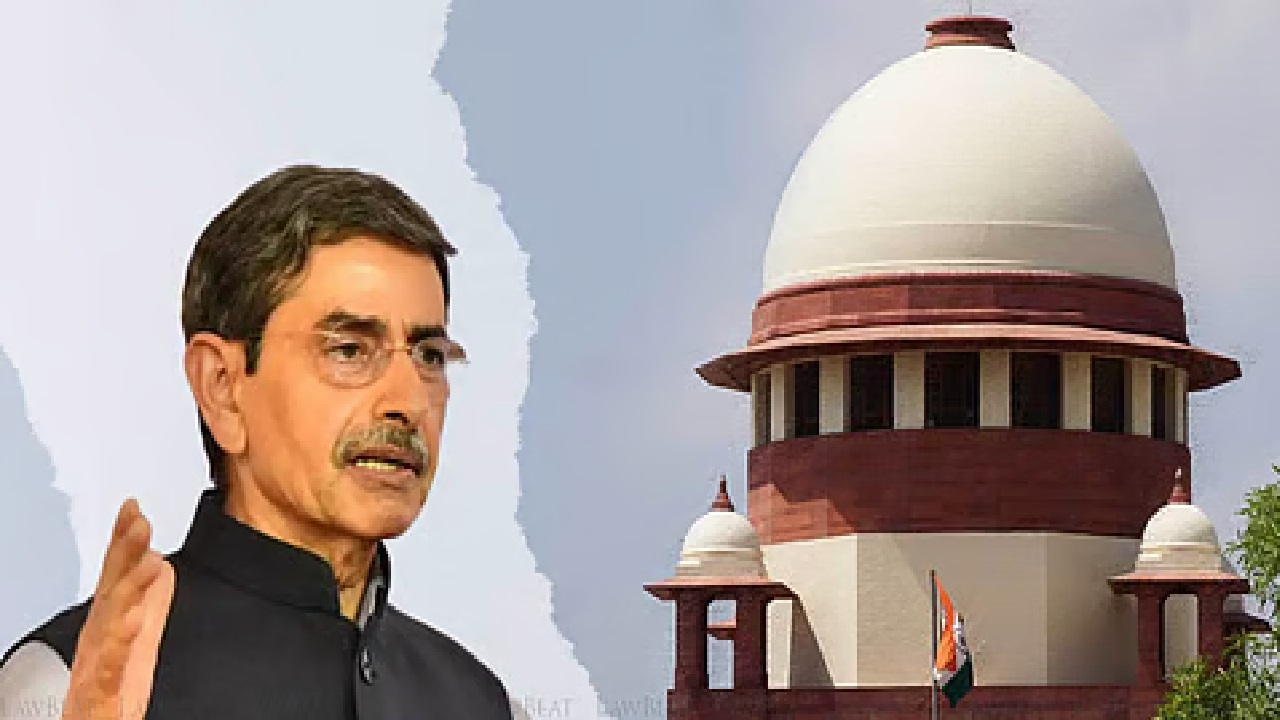In a dramatic turn of events, Delhi Chief Minister Arvind Kejriwal was arrested by the Central Bureau of Investigation (CBI) on Wednesday. The arrest is linked to the ongoing investigation into the controversial liquor policy, which has already seen significant legal and political repercussions. The timing of the arrest is notable, occurring just before a crucial Supreme Court hearing related to a stay order on his bail, previously granted by the Delhi High Court.
Legal Battle Intensifies
Kejriwal’s arrest followed a decision by the Rouse Avenue Court, allowing the CBI to interrogate him directly. The court also permitted the CBI to present the necessary documents supporting their request for his arrest. This marks a significant escalation in the case, which has already seen the involvement of the Enforcement Directorate (ED) and high-profile court battles.
Supreme Court Petition Withdrawal
In a sudden move, Kejriwal withdrew his Supreme Court petition that challenged the stay on his bail. This petition was initially filed after his arrest by the ED in March. The withdrawal was aimed at pursuing a more comprehensive appeal against the Delhi High Court’s decision to halt the Rouse Avenue Court’s bail order. The ED did not object to this withdrawal, indicating the complexity and strategic maneuvers in the ongoing legal fight.
Defense Accusations of Bias
In court, Kejriwal’s legal team argued that the CBI’s actions were heavily biased, highlighting the timing of the arrest and the procedural concerns. They pointed out that while it is legal to arrest an individual already in custody for a different case, the arrest should follow due process, which they claimed was not adequately observed in this instance.
Key Allegations Against Kejriwal
338 Crore Rupees Money Trail
During a bail hearing for former Delhi Deputy Chief Minister Manish Sisodia, the ED presented evidence of a money trail amounting to 338 crore rupees that allegedly reached the Aam Aadmi Party (AAP) during the implementation of the excise policy. Kejriwal, as the party leader, is under scrutiny for his potential involvement in facilitating these transactions.
Indo Spirit Director’s Testimony
Samir Mahendru, the director of Indo Spirit, testified that Kejriwal’s close associate, Vijay Nayar, arranged a FaceTime meeting where Kejriwal reportedly assured his trust in Nayar. This testimony links Kejriwal directly to individuals involved in the alleged malpractices.
Meetings on New Excise Policy at Kejriwal’s Residence
The CBI has highlighted that key discussions regarding the new excise policy took place at Kejriwal’s residence, suggesting his direct involvement in shaping the controversial policy.
Revelation by Sisodia’s Secretary
During questioning, Secretary C Arvind revealed that the excise policy initially included a 6% profit margin, which was later increased to 12% with Kejriwal’s approval. This points to Kejriwal’s significant role in policy formulation and potential manipulation for financial gain.
Cabinet Meeting on Excise Policy
Kejriwal is also accused of calling a cabinet meeting to discuss the new excise policy, further implicating him in the decision-making process that is now under scrutiny.
The liquor policy case has become a major point of contention, with allegations of corruption and financial misappropriation at its core. Kejriwal’s arrest by the CBI represents a critical moment in the investigation, potentially leading to further legal challenges and political fallout. His legal team is preparing to contest the arrest in upcoming court proceedings, aiming to counter the allegations and seek justice amidst a highly charged political atmosphere.
(With inputs from agencies)








